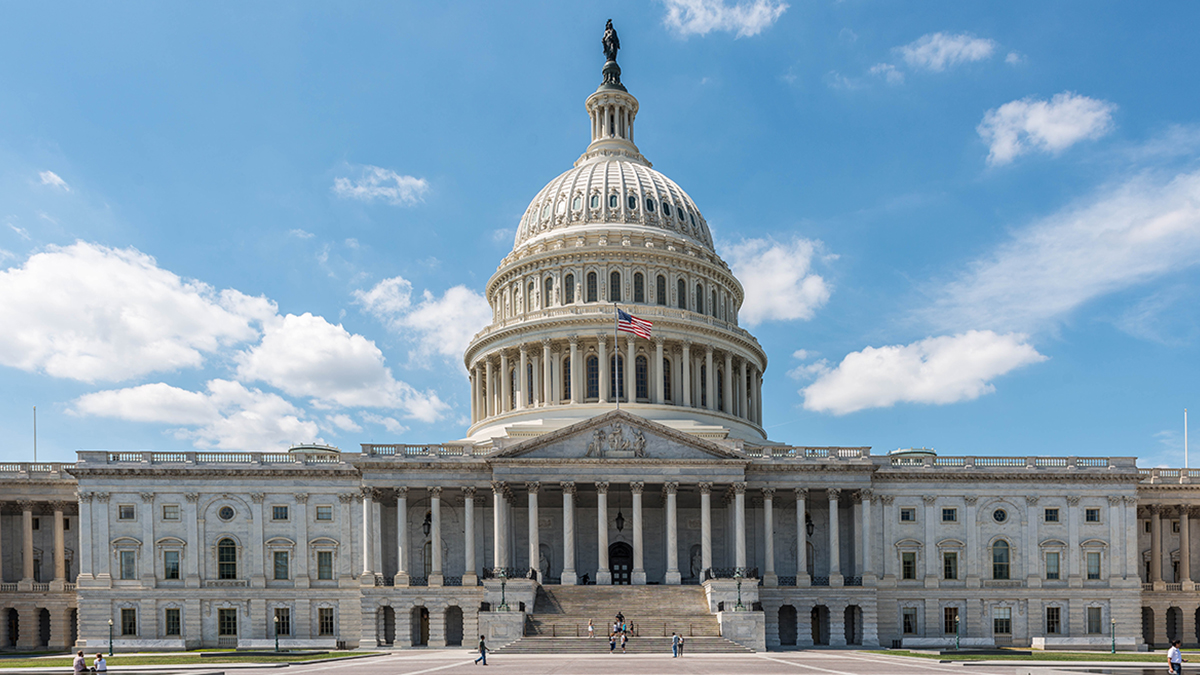House:
Coming back from a long August recess, the House jumped into legislative mode in September. Multiple hearings and votes occurred on the energy front, with Atlantic, Pacific and ANWR drilling ban bills (H.R.1146 and H.R.1945), as well as a Florida drilling ban bill (H.R.205) all passing the House. The bills passed largely on party lines, but it is highly unlikely they will ever be voted on in the U.S. Senate. The Natural Resources committee held several hearings that examined the oil and gas industry, as well as BLM, the agency in charge of onshore oil and gas development and federal lands. Democratic lawmakers pressed Interior officials hard on plans to move the Bureau’s headquarters to Grand Junction, CO. Democrats have continued to use their control of committees and the House floor to exercise oversight over the Trump Administration: just last week, Speaker Pelosi announced the initiation of formal impeachment proceedings against the President. The House is in recess until October 15, but the rest of the year will surely be filled with more hearings, subpoenas and investigations as both parties scramble to position themselves favorably ahead of elections in November of 2020.
Senate:
The Senate spent September confirming 22 more of President Trump’s executive branch nominees. Despite making almost no progress on appropriations, the Senate managed to pass a continuing resolution that will fund the government through Nov. 21; the bill is now awaiting President Trump’s signature. Concerning energy policy, the Senate ENR committee held hearings on clean energy technology and critical minerals. With the House still working out details with the Administration over the new USMCA trade deal, Senators are waiting patiently to take up ratification of the deal. Both parties have expressed a high level of interest in getting the deal ratified before the end of 2019.
White House:
Marred by international crises and growing calls for impeachment from Democrats, the Trump Administration spent September doubling down on its policies and playing political defense. Late in the month, the President released a statement in which he pledged the Administration’s continued commitment to promote growth across the U.S. energy industry by approving new pipelines, strengthening grid security and resilience, removing restrictions on oil and gas exploration and development, and supporting clean coal technologies. Regarding environmental policy, the Administration made waves early in the month when it announced two controversial changes: a rollback of EPA’s oil and gas methane emissions rule and a repeal the Waters of the United States (WOTUS) rule, a measure that placed limits on polluting chemicals that could be used near bodies of water. On the trade front, the Administration continued to work with Speaker Nancy Pelosi throughout September in efforts to ratify the USMCA deal signed by the U.S., Mexico and Canada. Despite final details surrounding environmental standards and protections for workers still being ironed out, both sides remain hopeful that an agreement will be reached before the end of 2019. In regard to immigration issues on the southern border, the Administration has continued to take steps to limit immigration and reverse longstanding border policies; President Trump recently announced an end to the U.S. ‘catch and release’ policy, and the Pentagon recently approved the transfer of additional defense funds for the construction of a physical wall on the southern border.





